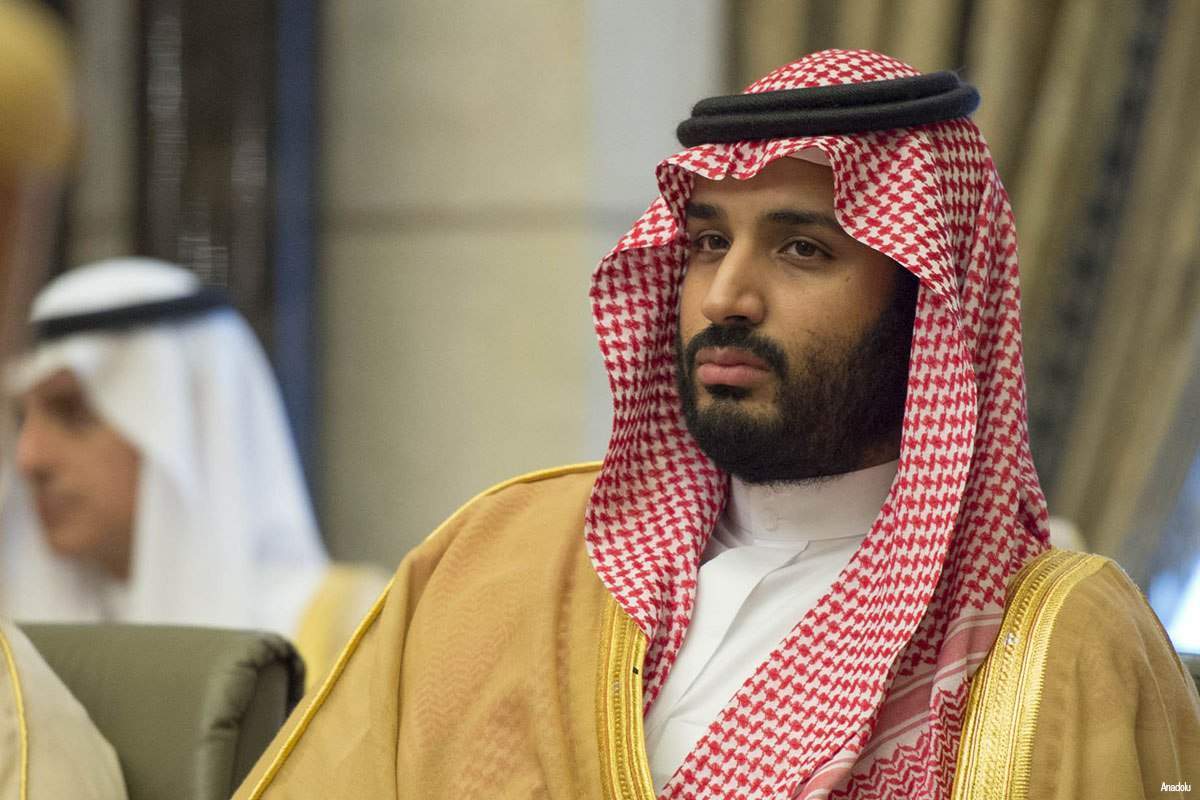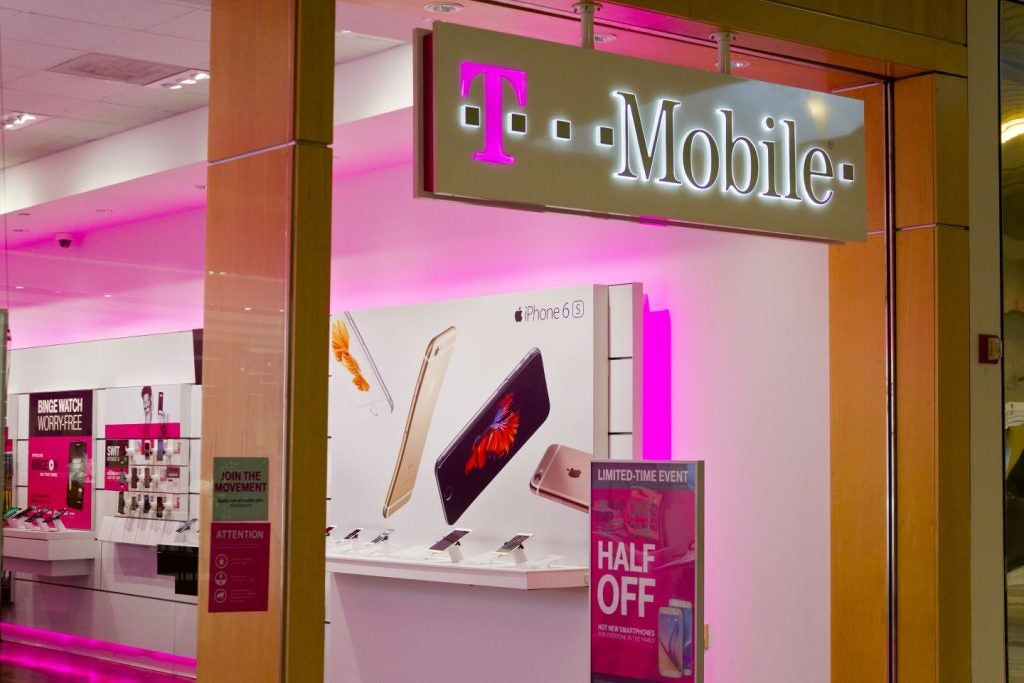
A five-star hotel in Riyadh has been transformed into a prison.
As many as 159 business leaders have been held hostage for more than a month at the luxury Ritz Carlton hotel in the Saudi capital as part of the kingdom’s anti-corruption purge.

Access deeper industry intelligence
Experience unmatched clarity with a single platform that combines unique data, AI, and human expertise.
Keeping them locked in one of the hotel’s ballrooms is “the most dignified solution” available, according to senior Saudi officials, The Guardian reported.
The detainees held in the Ritz Carlton include members of the Saudi royal family and Prince Alwaleed bin Talal, an investor worth $17.2bn.
Late on Saturday evening, ordinary guests staying at the Ritz Carlton were asked to assemble in the lobby before being transported to other hotels in Riyadh.
Detainees, including Miteb bin Abdullah al-Saud, the first cousin of Prince Mohammed and the former head of the National Guard who have agreed to surrender their assets have been granted freedom in return.

US Tariffs are shifting - will you react or anticipate?
Don’t let policy changes catch you off guard. Stay proactive with real-time data and expert analysis.
By GlobalDataAbdullah al-Saud walked out of the Ritz Carlton hotel last week.
On Tuesday, Saudi Arabia’s public prosecutor’s office released a statement saying that aside from the 159 business leaders in detention, the bank accounts of 376 people had been frozen and “a number” of individuals have been referred for judicial action.
Why is there an anti-corruption purge?
Crown Prince Mohammed bin Salman ordered a crackdown on illegal financial activities after Saudi Arabia’s attorney general Sheikh Saud al-Mojeb said last month that at least $100bn had been embezzled from the public purse for decades.
Prince Mohammed heads up Saudi Arabia’s anti-corruption committee, which “has followed internationally applied procedures by negotiating with the detainees and offering them a settlement that will facilitate recouping the state’s funds and assets, and eliminate the need for a prolonged litigation.”
Critics of the Saudi regime have said that the 32-year-old crown prince, who has been in power for six months, ordered the purge for political gain.
However, Prince Mohammed told the New York Times last month that any suggestion that his crackdown on corruption in Saudi Arabia was a power grab is “ludicrous”.
Transparency International’s 2016 Corruption Perceptions Index gave Saudi Arabia a score of 46 out of a possible 100 points — the scale goes from 0 (highly corrupt) to 100 (very clean).







